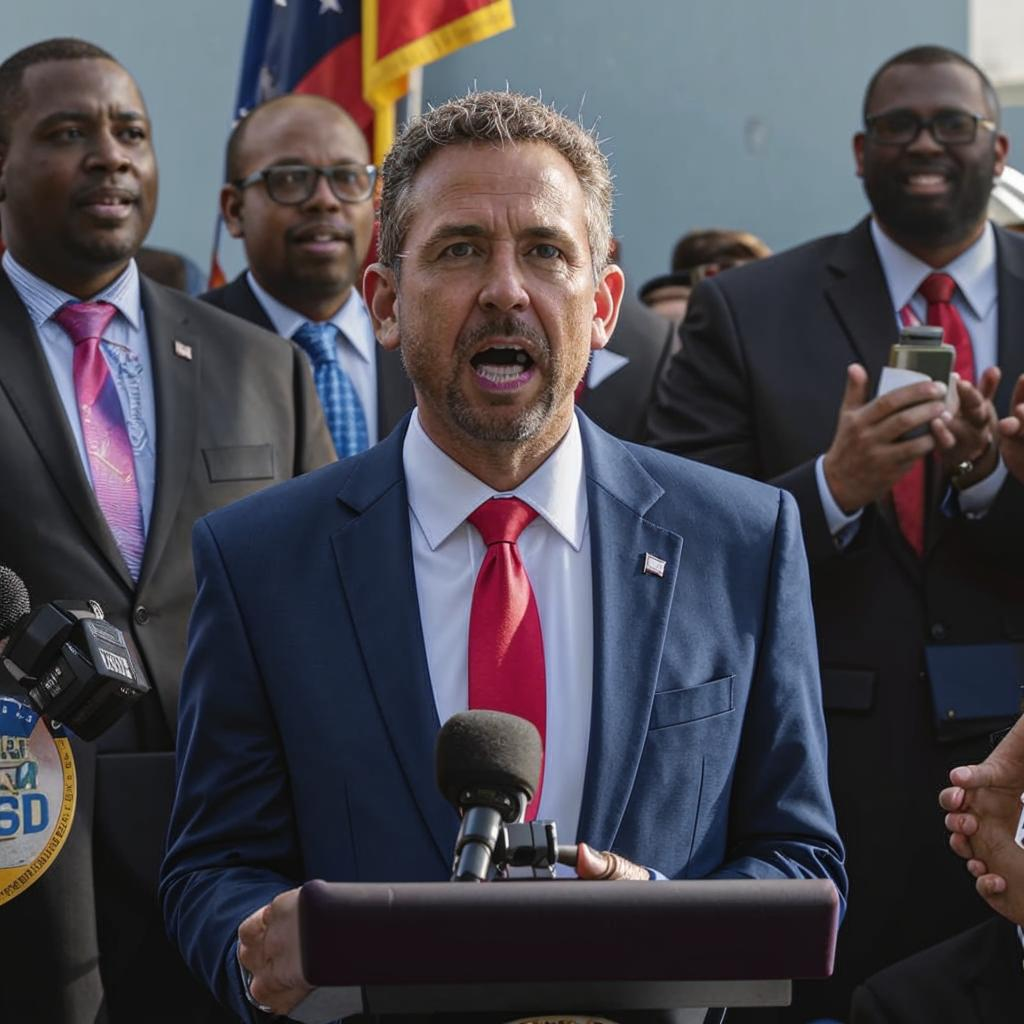America’s political chasm widens, with deep divisions impacting every facet of life. Recent surveys highlight stark differences between Democrats and Republicans, not just on policy but also on fundamental values. The roots of this polarization are complex. Social media algorithms create echo chambers, reinforcing existing beliefs. Partisan news outlets amplify division, presenting biased narratives. People increasingly reside in communities dominated by those who share their views, limiting exposure to diverse perspectives.
The consequences of this divide are profound. Legislative gridlock paralyzes governance, hindering solutions to pressing national problems. Social cohesion erodes as trust in institutions and fellow citizens declines. Even personal relationships strain under the weight of political disagreements. Holiday gatherings become minefields, and friendships dissolve over ideological differences.
Bridging this gap requires concerted effort. Media literacy is crucial to discern fact from fiction and identify bias. Constructive dialogue, even with those holding opposing views, is essential to fostering understanding. Civic engagement can empower communities to find common ground and address local issues collaboratively.
However, overcoming political polarization is a monumental task. Deep-seated distrust and entrenched ideologies present formidable obstacles. The future of American democracy hinges on the ability to bridge these divides and restore a sense of shared purpose.











